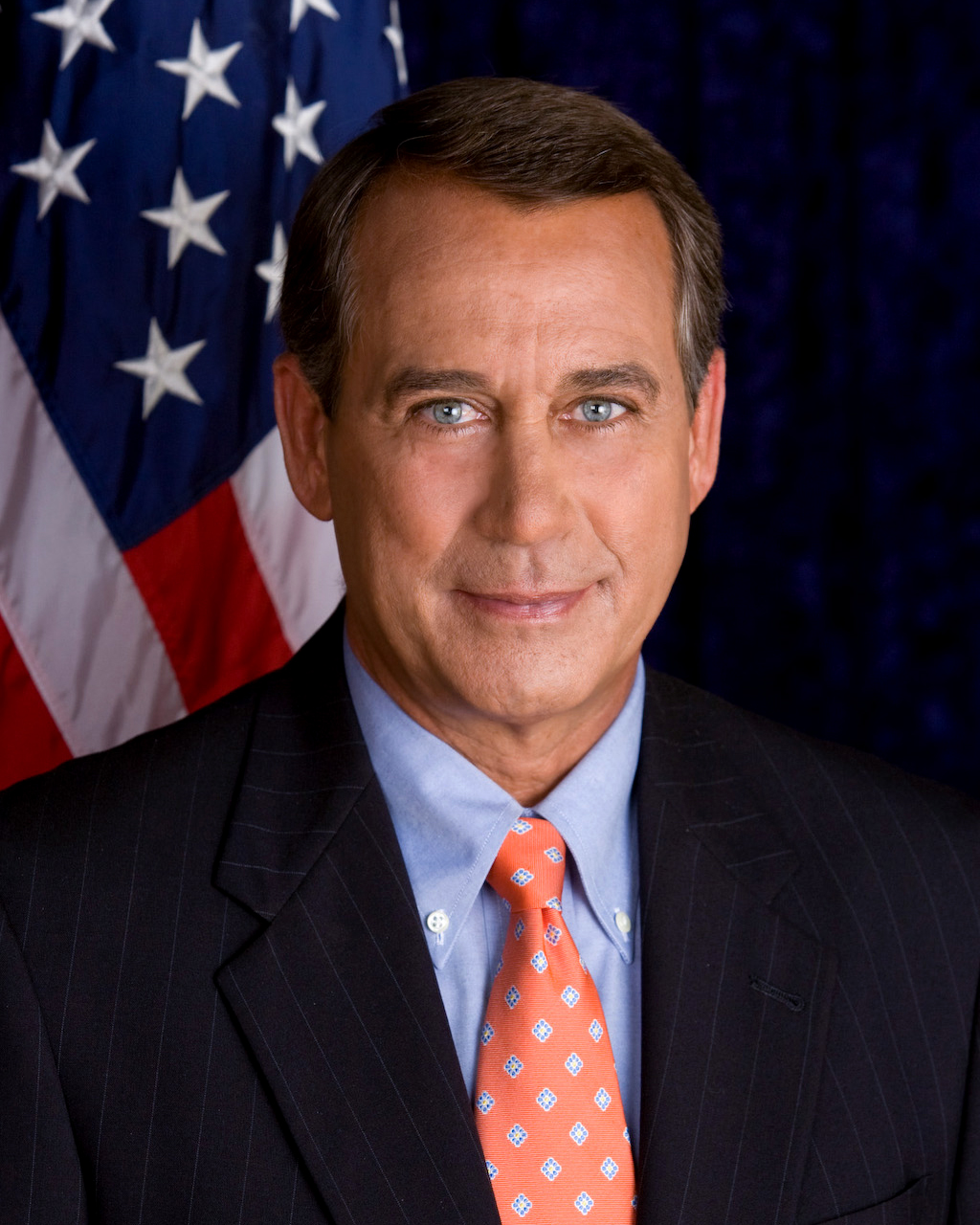Support the Speaker
Posted on January 6, 2015

"John Boehner official portrait" by United States House of Representatives - http://republicanleader.house.gov/Bio/. Licensed under Public domain via Wikimedia Commons.
(This originally appeared in The Hill.)
From 1910 to 1943, it was fairly common for some members of the Republican Party to vote for somebody for Speaker of the House other than the choice of the conference.
Progressive Republicans initially joined with Democrats in rebellion against the autocratic Joe Cannon, and the habit stuck. And in every Speaker’s election during that time, up to 11 members would cast their votes for a person other than the two candidates put forward by the two major parties.
That habit died in 1945, and from the close of World War II to the close of the Cold War, neither Republicans nor Democrats had any defections in their votes for leader.
And then, in 1997, a few moderate members of the Republican Conference decided to send a message to Newt Gingrich that they weren’t comfortable with his leadership. Since that time, in every election for Speaker, there has been at least one defector — and sometimes several more — in both parties.
Usually, the protests have come from surviving Blue Dogs, against the liberal leadership of Nancy Pelosi. They have wanted to demonstrate their independence from the San Francisco Democrat, which they believed would help them back home with their constituents.
But two years ago, a different kind of protest manifested itself, unique in the history of the House. Tea Party Republicans, backed by outside groups that were overtly hostile to both President Obama and to so-called establishment Republicans, were elected to the House and the Senate.
These very conservative and/or libertarian Republicans were not necessarily beholden to their constituents as much as they were to the organizations that gave them early support. They had very little interest in the legislative process and eschewed many of the traditional roles of the job, like helping their districts secure federal funding.
In 2012, a few of them launched an ill-fated revolt against John Boehner, whom they decided was not ideologically pure enough to earn their vote for Speaker.
And now, some of these same characters have decided to once against attempt to dislodge the Speaker from his job.
This is curious, to say the least. After all, Republicans just won a huge victory in the November elections on both sides of the Capitol. Coups are usually attempted in the wake of political disappointment, not after a political triumph.
What’s more curious is where this protest vote is really gaining its inspiration: from shadowy outside groups and talk radio hosts who have little vested interest in any kind of coherent legislation progress.
These groups seem to be most upset about a provision — included in the large spending package that passed at the end of last year — that would significantly strengthen the power of the two political parties by increasing the amount of money that donors can give to party committees.
Stronger political parties mean diminished political influence for these very same groups that now want to fire John Boehner.
Republicans want to hit the ground running in the new year.
They want to send legislation to the president that would expand energy production, simplify the tax code, strengthen border enforcement and fix ObamaCare. They also want to pass a budget and get to work on the routine spending bills that are a core responsibility of the legislative branch.
But they can’t do these things if they are not working together as a unified team.
It is highly unlikely that either Ted Yoho or Louie Gohmert will successfully challenge Boehner, nor will their effort to force a second or third ballot succeed.
This whole “Fire Boehner” campaign is a needless distraction, unprecedented in its mendacity and unparalleled in its cynical manipulation of the political process.
Boehner has earned the right to a third term as Speaker. He ran unopposed in an earlier conference vote, and he led the Republican Party to electoral success unmatched over the course of more than 50 years.
Republicans who care about moving the country forward will vote for the Speaker. Those who care more about helping the narrow interests of shadowy outside groups that profit most by attacking fellow Republicans will vote against him.
